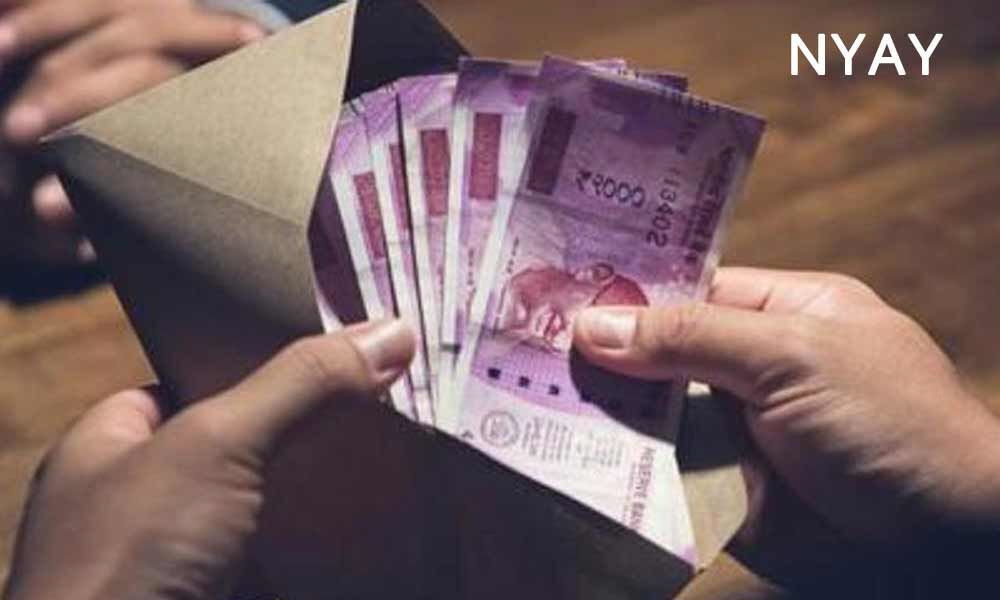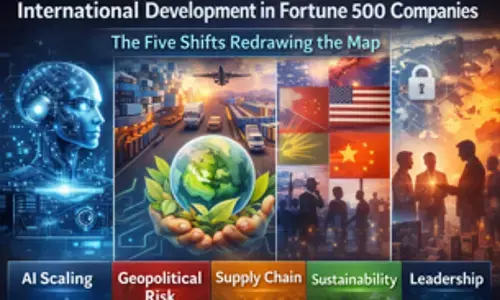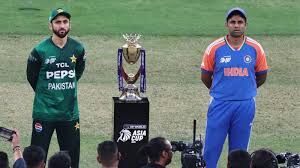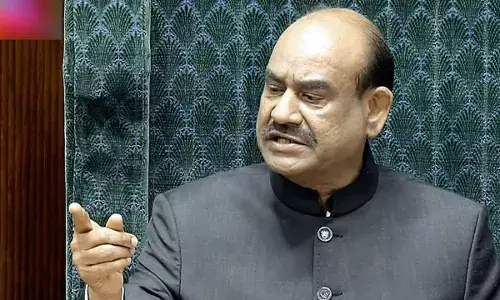Will Nyay remain just another slogan?

Nyuntam Aay Yojana, which translates to Minimum Income Scheme, is the new mantra for the Congress party
Nyuntam Aay Yojana, which translates to Minimum Income Scheme, is the new mantra for the Congress party. The big question is how practical it is or will it end up like Modi's promise to bring back black money and deposit it in the accounts of the poor people.
When Rahul had first announced NYAY scheme in January, there has been some confusion. It was felt that it would be a top up scheme but now Rahul Gandhi has given some more details about the scheme.
Rs 72,000 per year for India's poorest 20 percent. It is certainly a tall order. The party promises to cover a fifth of the India's population. It wants to fix a minimum income level for poorest at Rs 6000 per month.
The questions that arise are will the Congress implement it and what are the problems it might encounter. The 2019 elections are witnessing a new phenomenon. Flow of currency notes during elections is a normal practice.
But now the leaders particularly in the Telugu States are vying with each other in sanctioning anything and everything that is asked for. They are also competing with each other in increasing the amount given as pensions and allowances to unemployed youth.
In Andhra Pradesh, the leader of Opposition of says if voted to power he would spend any amount on the education of each child. The law makers seem to be forgetting that revenue generation is herculean task.
They cannot make such impractical promises and make the genuine tax payer bleed. It would be proper if they first make a thorough study and explain in detail where the rupee would come from and how they would distribute it.
The situation is no different in case of NYAY. Can it be implemented? The honest answer is that it depends. It depends on political courage to radically reconfigure policy and spending.
If the scheme has to be successfully implemented, it becomes necessary to identify the beneficiaries. This itself is going to be a major and challenging task.
According to a rough estimation there are about 5 crore household which means that it would require about Rs 3.60 lakh crore every year. Congress leaders argue that it looks to be a huge amount, but in reality, it is less than 2 percent of the GDP.
May be this calculation is correct, but the fact of the matter is that the revenue collection in India has never been so perfect. A cursory glance at the budget papers for 2019-20 indicates that the tax collection by the NDA government was not more than 12 percent of the GDP and of that it has to transfer one third as part of devolution of funds to the States.
Rahul's new scheme NYAY, experts say, will put additional burden on the expenditure of the Centre. So the big question is about the fiscal sustainability of the scheme.
Intention may be good. No one doubts it. But what is equally important is one has to see to what extent one can help the poor without robbing 'Peter'. Another issue is will this really help in alleviating the poverty.
In the past, we have seen implementation of schemes like Garibi Hatao by Indira Gandhi. The present Finance Minister Arun Jaitley too claims that they have already been transferring Rs 1 lakh as direct benefit transfer to the poor which is in excess of what Rahul is promising.
But then can NDA explain to what extent they have been able to bring down poverty.
Does the Congress have any mechanism to evaluate and explain at least during the budget sessions about the progress it had achieved in alleviating poverty in real terms?
If such mechanism is there, it will become another slogan and the country percentage of poor will increase by the time we go to polls in 2024.















